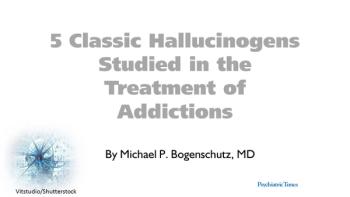
This slideshow provides information about the compounds, clinically relevant attributes, approximate dose, and data under study.

This slideshow provides information about the compounds, clinically relevant attributes, approximate dose, and data under study.
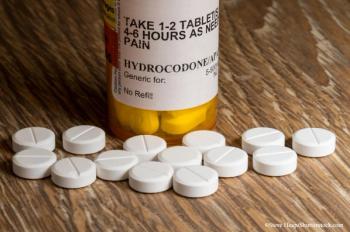
Dependence on alcohol and tobacco or illicit drugs is generally higher in men, but the gender gap is narrowing at an alarming rate, especially in adolescents.

Symptoms of alcohol and drug intoxication and withdrawal may resemble symptoms of bipolar disorder, making it difficult to diagnose and treat.
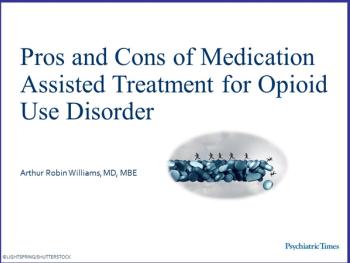
Although these medication-assisted treatments have been approved by the FDA and have strong empiric evidence for superior outcomes, it is important to know the good and the bad.
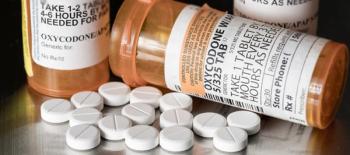
The short vignettes in this quiz highlight the importance of understanding the delicate balance between risks and benefits when prescribing opioids.
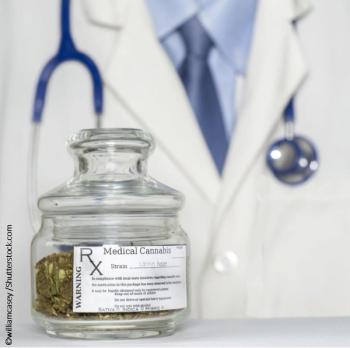
A drug once seen as a widespread danger to society is now experiencing renewed interest as a treatment for medical conditions, including a number of mental health conditions. This brief review explores 5 key issues clinicians can consider when encountering the therapeutic cannabis user.
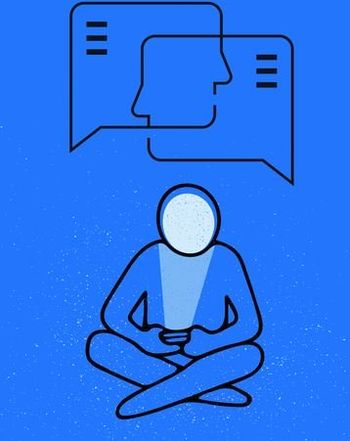
In this age of chat rooms and social media, an ever-growing number of psychiatric patients use the internet to find their treatment community online.

More than 6 out of 10 deaths involve prescribed opioids. The authors address guidelines for who should (and who should not) receive a naloxone prescription.
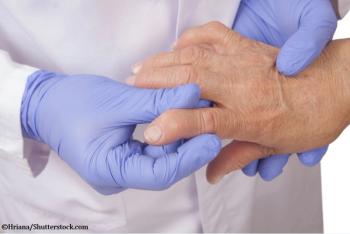
While opioid use disorders are more common in younger patients, prevalence among the elderly is growing.

What should prescribers of controlled substances keep in mind when working with patients with substance use disorders? Take the quiz and learn more.

Which sleep parameters are increased in alcohol use disorders? Take the quiz and learn more.

What's the optimal strategy toward recovery from opioid use disorder? Which treatment for nicotine addiction has the most favorable adverse-effect profile?
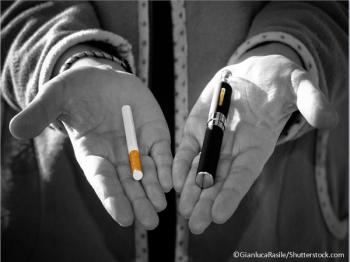
This article summarizes data on e-cigarettes, provides recommendations and resources to learn more, and emphasizes the evidence for treating tobacco (traditional cigarettes) addiction in people with mental illness.
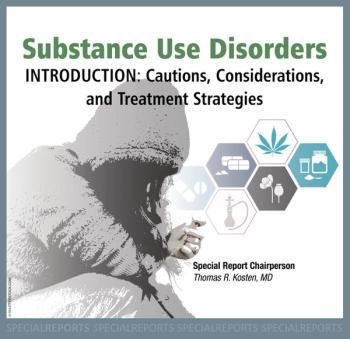
A clinical collection on addiction treatment, ADHD and SUDs, important drug indications, vaping, cannabis use, benzodiazepines, the perils of self-medicating and other topics relevant to practicing psychiatrists.

Significant progress has been made in containing the opioid epidemic, but new threats loom. Thomas Kosten, MD, an addiction psychiatrist, takes a brief look.
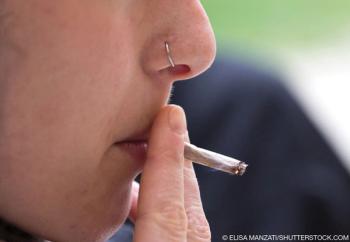
Numerous lines of evidence suggest a correlation between cannabis consumption and a variety of psychiatric conditions, including cannabis-induced psychosis.
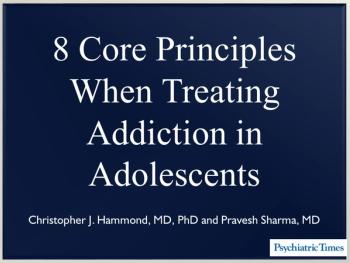
The main goal in treating addiction is to help the patient achieve and improve functioning. When that patient is also an adolescent, there are special considerations. Here's a quick primer.

Appropriate use of benzodiazepines in patients with a substance use disorder is an important skill. Here are some important considerations.
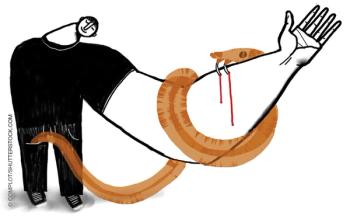
The authors present a clinically focused introduction to treatment principles for adolescent substance abuse disorders and reviews evidence-based approaches.
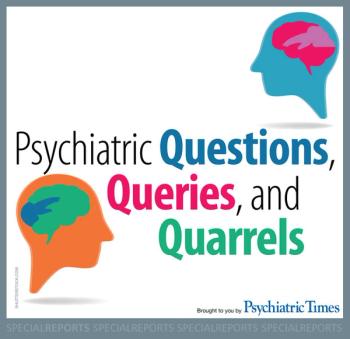
In psychiatry, hot debates abound if you just look around-and if this Special Report collection is any indication, the result is a balance of opinion and civility made richer by virtue of opposing views.

Access to illicit drugs is now as easy as a few swipes on a smartphone. Here's a primer for clinicians who aren't well acquainted with this trend and who aren’t familiar with the many substances themselves.

Marijuana-related problems fall well within the scope of psychiatric practice: many patients use marijuana, which is likely to affect their psychiatric symptoms and response to treatment.

A psychiatrist realizes he is completely powerless against his patient's opiate addiction.
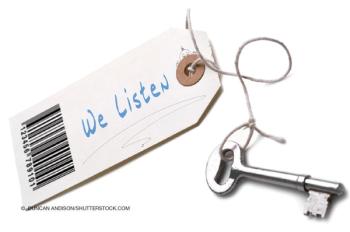
To understand and to feel understood is a powerful antidote to relieve human psychological suffering. Therein lies the heart of the self-medication hypothesis of addiction.

Vivek Murthy, MD presented for the first time a report by a Surgeon General focused solely on addiction and its consequences.